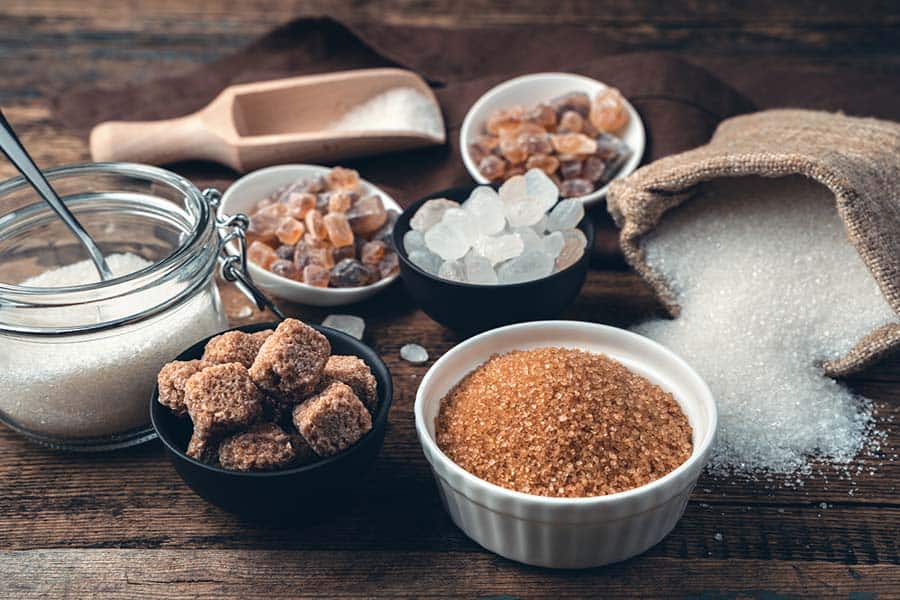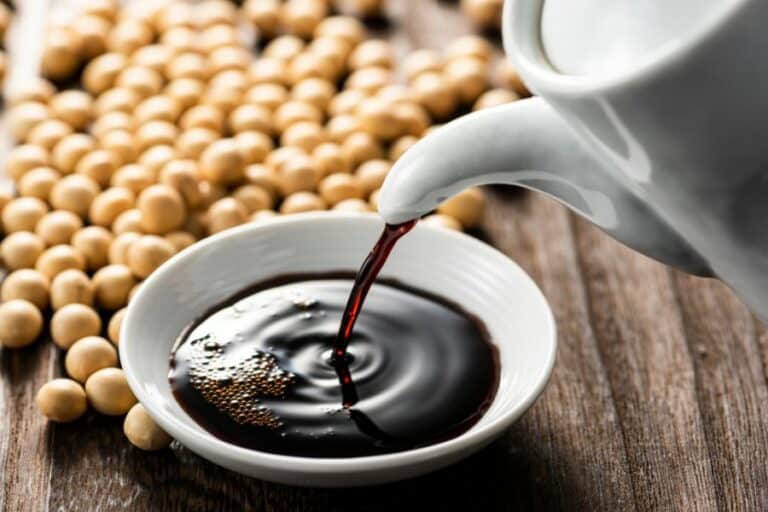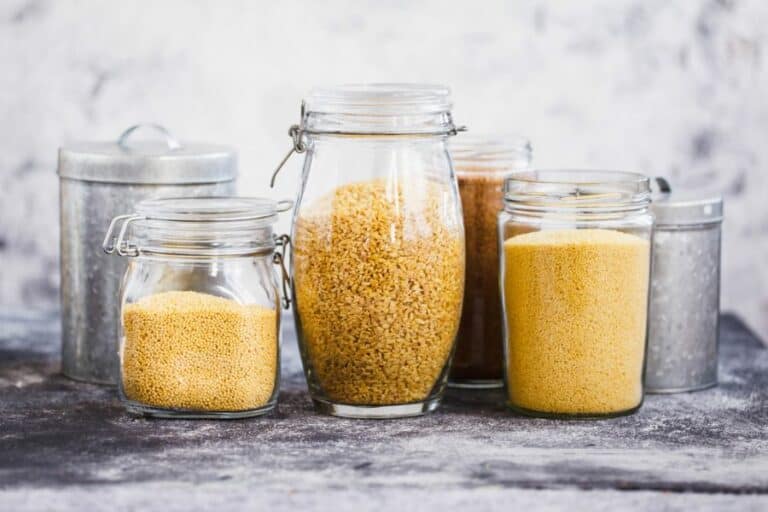The Different Types of Sugar: What You Need to Know

What do most of us know about sugar and the different types of sugar? The average white crystalline granules are not the only form of sugar, and the sweet taste it leaves on your tongue is not its only impact.
When most people think of sugar, they think of the white granules used to sweeten coffee or tea. Most people do not know any more about the composition and types of sugar or their varying impacts on our health.
Sugar is defined as “a sweet crystalline or syrupy organic compound obtained from various plants, especially sugar cane and sugar beet, consisting essentially of sucrose.” Sugar is basically a form of carbohydrates, which is one of the three main macronutrients that the human body needs to function properly.
Sugar is found naturally in fruits and vegetables, but it can also be added to foods during the manufacturing process. The naturally occurring sugars like glucose, fructose, and galactose are simple carbohydrates. In contrast, manufactured refined sugars are forms of complex carbohydrates.
Sugar comes in many different forms, each with its own unique flavor and texture. Different types of sugars may have different effects on your health. Let’s now take a closer look at this sweet compound.
What are different types of sugar?
There are four main types [1]ResearchGate: Sugars: Types and Their Functional Properties in Food and Human Health of sugar: fructose, glucose, lactose, and maltose. Each type of sugar is made up of different molecules that affect the body differently.
Fructose
Fructose is a type of sugar found in many fruits and vegetables. It is also the main component of honey and agave nectar. Although fructose is often demonized as a “bad” sugar, it actually has several health benefits. For instance, fructose is less likely than other types of sugar to cause spikes in blood sugar levels.
This can be helpful for people who are trying to manage diabetes or prevent obesity. In addition, fructose is a natural source of energy and provides essential nutrients like vitamins and minerals. However, fructose can also have negative impacts on health. For example, consuming too much fructose can lead to weight gain and insulin resistance. Therefore, it is important to consume fructose in moderation. When eaten in moderation, fructose can actually be a healthy part of your diet.
Glucose
Glucose is a type of sugar that is found in many foods, including fruits, vegetables, and grains. It is also the primary form of sugar that the body uses for energy. When glucose enters the bloodstream, it triggers a release of insulin, which helps to regulate blood sugar levels. Glucose is essential for the body, but too much glucose can have negative effects on health. For example, high blood sugar levels can lead to diabetes. Therefore, it is important to consume glucose in moderation.
Lactose
Lactose is a type of sugar found in milk and other dairy products. It is essential for the health of infants and young children, as it helps the body absorb calcium and other nutrients. Lactose also has a number of potential health benefits, including reducing the risk of osteoporosis and helping to prevent certain types of cancer. However, lactose can also have a negative impact on health, particularly for people who are lactose intolerant. When lactose is not properly digested, it can cause bloating, gas, and diarrhea. For people with lactose intolerance, even small amounts of lactose can cause these symptoms.
Maltose
Maltose is a type of sugar found in malt and malt products. It is also known as malt sugar or malt syrup. Maltose is made up of two molecules of glucose, which are joined together by a process called condensation. When maltose is consumed, it is broken down into glucose and assimilated into the bloodstream.
Maltose has a variety of health benefits, including the regulation of blood sugar levels and a healthy amount of iron, fiber, and protein. However, it can also have a negative impact on health, particularly if it is consumed in large quantities. When Malta is consumed in excess, it can lead to weight gain, insulin resistance, and an increased risk of type 2 diabetes.
What is the difference between natural and processed sugars?
There are many types of sugar, but they can broadly be divided into two categories: natural sugars and processed sugars. Natural sugars are found in fruits, vegetables, and dairy products, and are generally healthier than processed sugars. Processed sugars include white sugar, brown sugar, molasses, and artificial sweeteners.
Artificial sweeteners are created in a laboratory and are much sweeter than natural sugars. They are often used in beverages, baked goods, and candy. While natural sugars have some health benefits, too much processed sugar can lead to weight gain, tooth decay, and other health problems.
The health benefits of natural sugars
Although sugar has gotten a bad rap in recent years, natural sugars are actually an essential part of a healthy diet. Natural sugars are found in fruits, vegetables, and dairy products, and they provide the body with energy. They also play a role in healthy brain function and metabolism. In addition, natural sugars help the body absorb essential vitamins and minerals.
While too much sugar can be unhealthy, natural sugars provide several health benefits. Natural sugars are a good source of fiber, which can help improve digestive health and prevent constipation. In addition, natural sugars contain antioxidants that can help protect against chronic diseases like heart disease and cancer. Finally, natural sugars can help boost your mood and reduce stress levels. So next time you reach for a snack, go for something that contains natural sugars like fruit or yogurt. Your body will thank you!
The negative effects of sugar on the body
While sugar has some health benefits, too much sugar can be detrimental to your health. When you consume too much sugar, your body experiences a spike in blood sugar levels. This can lead to several problems, including weight gain, tooth decay, and an increased risk of type II diabetes. In addition, consuming too much sugar can lead to chronic inflammation.
Finally, as much as a little bit of sugar can give your moods a quick boost, too much sugar can wreak havoc on your mood and lead to feelings of anxiety and depression. So next time you’re reaching for a sugary treat, remember to moderation. Your brain and your body will thank you!
Alternatives to sugar for sweetening food and drinks
When it comes to sweetening food and drinks, sugar is not the only option. In fact, there are many alternatives that can be used to achieve the same level of sweetness without all the calories. Natural options such as honey and maple syrup are often used in place of sugar, and these options can provide a similar level of sweetness with fewer calories.
Artificial alternatives such as stevia and aspartame are also available, and these options can provide a zero-calorie alternative to sugar. No matter what your preference, there are several options available when it comes to sweetening your food and drinks. Each alternative to sugar comes with its own benefits and risks. It is important to weigh these options carefully before making a decision.
Honey: Honey is a natural sweetener made by bees. It is composed of fructose, glucose, and water. Honey has various health benefits, including the ability to help fight infections and improve digestion. However, it is also high in calories, so it should be consumed in moderation.
Maple syrup: Maple syrup is a natural sweetener made from the sap of maple trees. It is composed of sucrose, glucose, and water. Maple syrup has several health benefits, including the ability to help regulate blood sugar levels and improve digestion. However, it is also high in calories, so it should be consumed in moderation.
Stevia: Stevia is a plant-based sweetener derived from the leaves of the stevia plant. It is composed of steviol glycosides, which are sweetness receptors. Stevia has many health benefits, including the ability to help regulate blood sugar levels and blood pressure. However, it is essential to note that stevia is often mixed with other sweeteners, so it is important to read the label carefully before purchasing.
Aspartame: Aspartame is an artificial sweetener produced in labs. It is composed of aspartic acid and phenylalanine. It has some health benefits like; the ability to help regulate blood sugar levels. However, it is also important to note that aspartame is often mixed with other sweeteners. Make sure you read the label carefully before purchasing.
Tips for reducing your sugar intake
Reducing your sugar intake can have numerous benefits for your health, including improved mental health, decreased risk of heart disease, and reduced inflammation. There are a few simple tips you can follow to help cut down on the amount of sugar you consume.
- Substitute sugary drinks with water or unsweetened tea or coffee.
- You can also replace sugary snacks with healthier alternatives like fruits or nuts.
- Be mindful of the sugar content in the food you eat and try to opt for items that are lower in sugar.
- Control emotional eating. When stressed or anxious, we often turn to sugary foods for comfort. However, these foods only provide temporary relief and can make our feelings worse in the long run.
- Eat at fixed times. When we’re hungry, we’re more likely to give in to cravings.
By following these tips, you can make a significant impact on your overall health by reducing your sugar intake.
References
| ↑1 | ResearchGate: Sugars: Types and Their Functional Properties in Food and Human Health |
|---|







